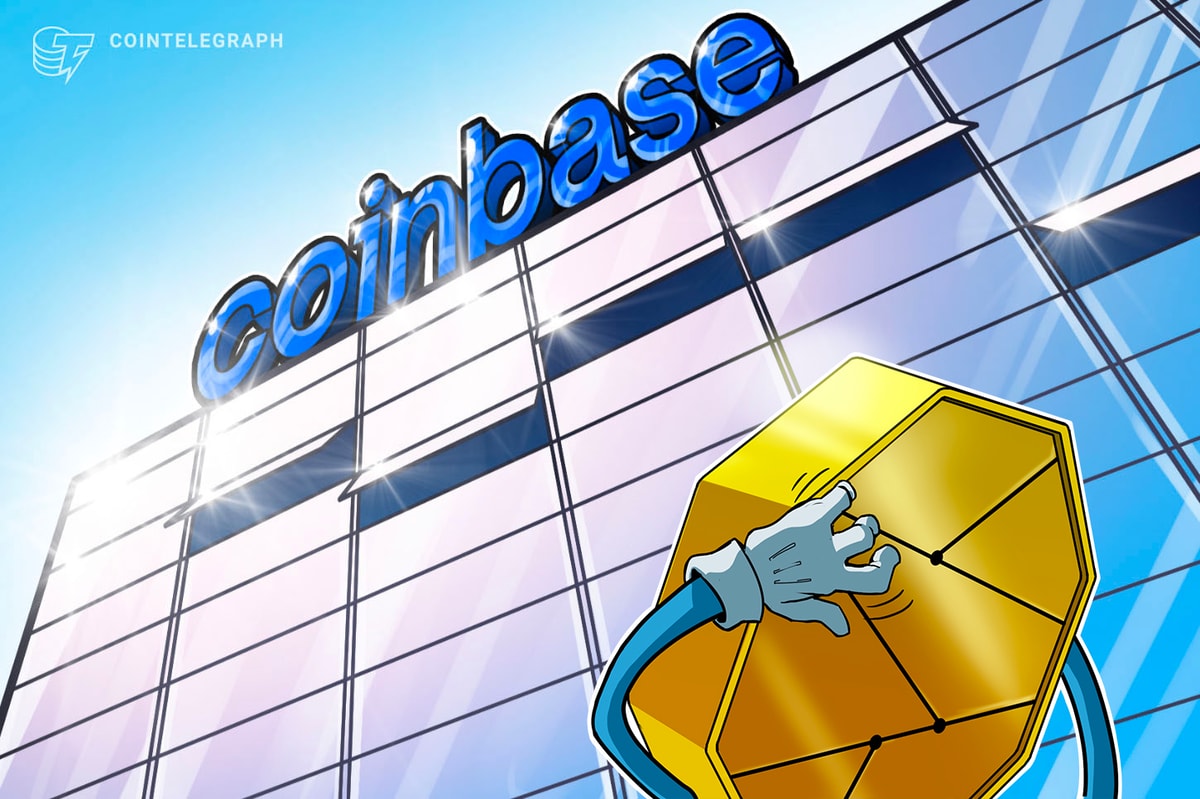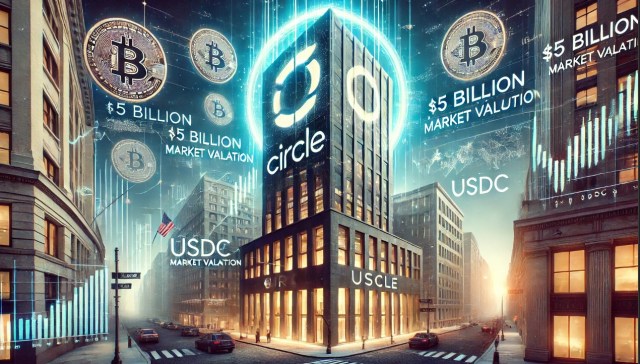
Banks, financial service providers, venture capitalists, and even governments, are showing more and more interest in blockchain technology. Venture capital money is
flowing
into blockchain companies, banks, credit card companies are experimenting with blockchain-related pilot projects, and public administrations are taking a more active role not only in regulating blockchain-based services, but also in stimulating the development of blockchain-related fintech and startups.
At the same time, a difference is often made between the blockchain technology and the specific blockchain implemented in the Bitcoin network. Bitcoin is considered as far too open and anarchic to be a suitable foundation for a solid financial system.
Jeremy Allaire, co-founder and CEO of digital financial service provider and “bitcoin bank” Circle,
has written a thoughtful analysis
of the blockchain vs. bitcoin issue on Re/code.
“If bitcoin is referenced, it’s dismissively, as if smart people are in the know that bitcoin (the digital asset) isn’t necessary or important to fueling this global network of distributed and decentralized trust,” says Allaire. “For the most part, it’s just a cop-out and intellectual laziness; I have yet to meet anyone who shares these thoughts who actually has any idea how any of the technology actually works.”
Allaire notes that the troublesome features of Bitcoin – its openness to everyone and its lack of centralized control – are exactly what make the Internet work. The success of the Internet and the failure of all the closed, regulated versions of the Internet that have been implemented, should suggest that openness is necessary for a robust blockchain system to work.
In many recent articles, Bitcoin Magazine
reported the trend toward private, “permissioned” non-Bitcoin blockchains, supported by Accenture and Digital Asset Holdings CEO Blythe Masters .
Permissioned blockchains, under development by giant Swiss bank UBS , Bitcoin exchange itBit and others, would offer the advantages of digital currencies powered by public blockchains – fast and cheap transactions permanently recorded in a shared ledger – without the troublesome openness of the Bitcoin network where anyone can be a node on the network anonymously.
Instead of anonymous miners, only banks and vetted financial operators would be allowed to validate transactions in permissioned blockchains.
Allaire notes that “they want all the benefits of bitcoin, without bitcoin,” and asks, “Do we really think that financial industry consortia and alt-chain startups can challenge the open Internet? Does anyone really think these 'permissioned blockchains' have an iota of a chance at accomplishing anything more than building buggy, insecure closed back-end IT systems for banks?”
“[Until] someone actually builds, ships and scales a global open platform, open like the rest of the Internet, that can do what the bitcoin blockchain can today, there’s really nothing else to talk about,” is Allaire’s conclusion.
Like Allaire, legendary cryptographer Nick Szabo thinks
that the mainstream financial establishment should embrace the crowd-sourced power and resiliency of permissionless blockchains like Bitcoin.
Allaire notes that bitcoin shouldn’t be considered as a new currency, but as a more efficient settlement network.
Most people don’t want a new currency, they are quite happy with their dollars, euro, pound, yuan and yen,” says Allaire. “They get paid in these currencies, they pay their taxes in these currencies, they understand their purchasing power in these currencies, etc. But, pretty uniformly, people want the benefits of bitcoin and the blockchain: near-instant transfers, globally available on any Internet-connected device, highly secure and nearly free value transfers.”
Services that use the bitcoin blockchain as a transparent channel for value transfers, for example cross-border transactions where a fiat currency is spent at one end and another fiat currency is paid at the other, are emerging.
We can hide bitcoin technology in the background,” noted Jack Liu, head of international at OKCoin, Bitcoin Magazine
reported
in October. “Liu added that OKLink
transactions aren’t affected by the volatility of bitcoin. “Because you are doing instant buy of bitcoin and sell of bitcoin, you are not affected by the bitcoin price,” he said.“[Consumers and businesses] can share value globally and instantly for free, by using the bitcoin blockchain as an open and secure ledger and settlement network,” notes Allaire. “For the duration of a transfer, local currencies are converted into and out of ‘digital tokens,’ and the transaction is settled over the Internet.”
Earlier this year, Circle started offering customers in the United States the ability to hold their funds in U.S. dollars, which could be followed by similar offerings in other countries and permit transparent, cheap, fast bitcoin-mediated transfer between one currency and another.










